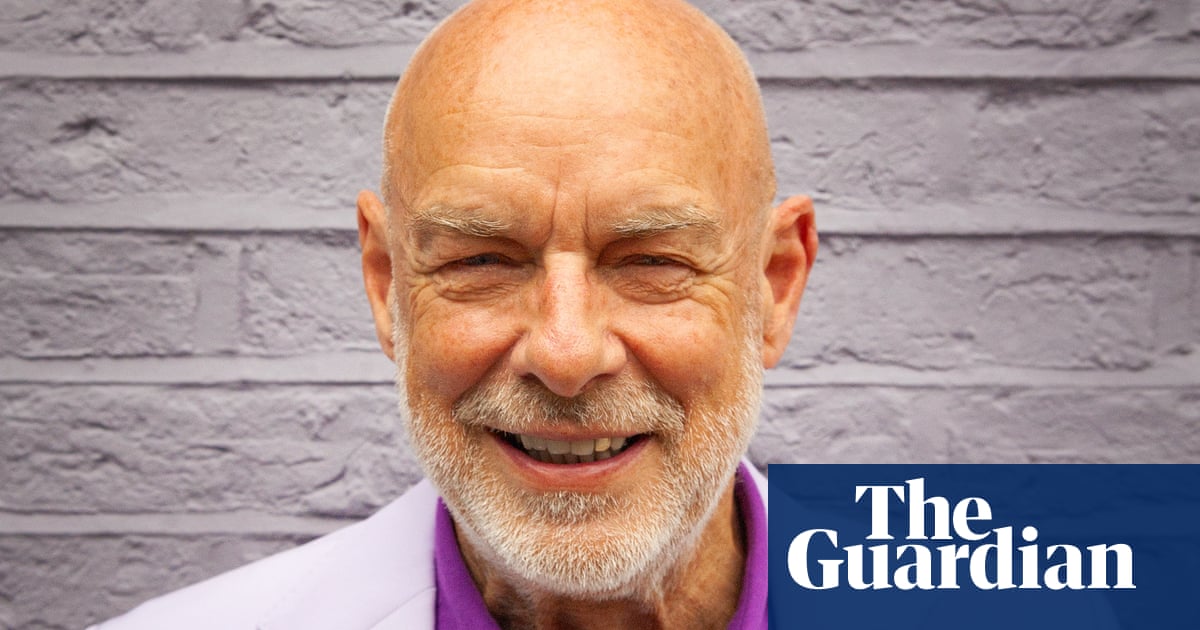One person turns up surprisingly often at Donald Trump’s side. Not his No 2, JD Vance, nor his wife, Melania, but another man a quarter-century younger and about $300bn heavier: Elon Musk. The two hunkered down in Mar-a-Lago on the night of the election, celebrating the results. This week they were in Texas, watching Mr Musk’s staff test-launch a spacecraft. During the campaign, Mr Musk personally chipped in $130m, made speeches at rallies and organised campaigns to “get out the vote”. Last week, the world’s richest man was picked by the president-elect to run a new “department of government efficiency”. So close are the pair that Mr Musk dubs himself “First Buddy”.
American politics has always been coiled around money, tight as a vine around a trunk. Nearly 25 years ago, George W Bush joked at a swanky white-tie dinner: “Some people call you the elites; I call you my base.” Nor is it confined to the right wing. Of the two main candidates in this month’s election, more billionaires backed Kamala Harris. One result is a highly warped politics that works against the very people it urges to go out and vote.
The renowned political scientists Jacob Hacker and Paul Pierson observe that many rich countries have succumbed to rightwing populism – but Mr Trump is different. He talks populist, but walks plutocratic. According to Prof Hacker and Prof Pierson he is “fixated on helping the wealthiest Americans”. The $1.5tn of tax cuts he made in his first term meant that, for the first time in history, billionaires paid a lower rate than the working class.
The Republicans were always the party of big business, but Mr Trump is turning them into a playpen for oligarchs. This autumn, Mr Musk was the only boss of a Fortune 100 business to donate to the Republicans, compared with the 42 company heads who supported Mr Bush in 2004. Mr Trump’s donors do not come from the big institutions of corporate America but are often drawn from casinos, crypto currency, fossil fuels and shadow banking.
Business leaders used to argue that their support for politicians was in the hope of securing long-term stability and competent economic stewardship. This time, some appear to have been made very particular promises. In April, Mr Trump convened a dinner for fossil-fuel executives and lobbyists, where he reportedly demanded they donate $1bn. In return, they’d face fewer pesky regulations on where they could drill. “It’s a whole different class,” one longtime handler of Republican donors told the New Yorker last month. Rather than a photo op and a grand dinner, “they want to essentially get their issues in the White House … They want someone to take their calls.”
And they probably don’t want too much scrutiny. Mr Musk’s appointment to the “department of government efficiency” is both less and more than it seems. It’s not a Washington job that would burden the tech billionaire with regulations around conflicts of interest; rather he will “provide advice and guidance from outside of government”. This sounds like unparalleled access without much responsibility, which leaves the American public reliant on Mr Trump’s personal ethics to safeguard their democracy. What exactly does Earth’s richest man see in the president-elect of the world’s biggest superpower? It is a question that will keep coming around – not for Mr Musk alone, but for so many wealthy supporters of America’s next leader.
-
Do you have an opinion on the issues raised in this article? If you would like to submit a response of up to 300 words by email to be considered for publication in our letters section, please click here.

.png) 1 month ago
11
1 month ago
11













































